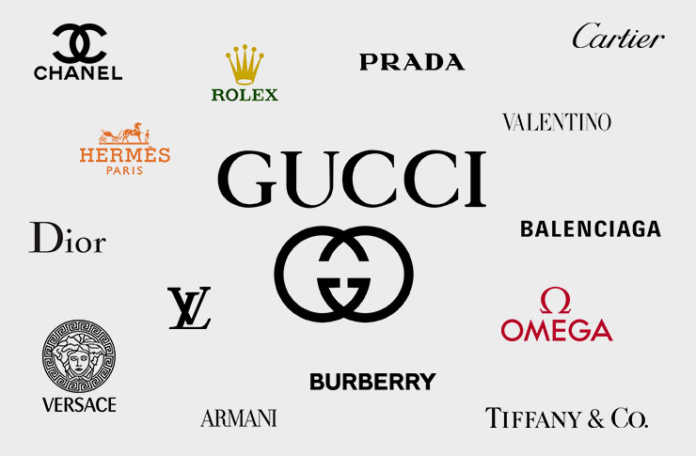
In a world characterized by rapid technological advancements and changing consumer behaviors, luxury fashion brands find themselves at a crossroads, needing to adapt their traditional marketing strategies to cater to a new generation of discerning and digitally-savvy consumers. This evolution in marketing approaches is not only reshaping the way luxury fashion brands connect with their audience but also redefining the essence of luxury in the modern era.
The Shift to Digital
Luxury fashion brands, once synonymous with exclusivity and in-store experiences, have recognized the need to embrace the digital realm. The rise of social media platforms, e-commerce, and influencer marketing has pushed these brands to establish a strong online presence. Platforms like Instagram, Pinterest, and TikTok have become virtual runways for luxury brands to showcase their collections and connect with a wider and younger audience.
Innovative Content Creation
To captivate the attention of digital-native consumers, luxury fashion brands have shifted their focus towards creating engaging and innovative content. Short fashion films, behind-the-scenes glimpses, and interactive virtual experiences have become instrumental in conveying the brand’s story and values. By leveraging augmented reality (AR) and virtual reality (VR) technologies, brands are offering immersive experiences that allow customers to virtually try on clothes or participate in interactive fashion shows, blurring the lines between the physical and digital worlds.
Inclusivity and Diversity
Modern luxury consumers are increasingly valuing brands that reflect diversity and inclusivity. Luxury fashion brands have recognized this shift and are reshaping their marketing strategies to embrace a broader spectrum of beauty, body types, and cultures. By featuring diverse models and engaging in socially conscious campaigns, these brands are not only resonating with a wider audience but also making a positive impact on society.
Sustainability as a Core Value
The luxury fashion industry is also witnessing a significant transformation towards sustainability. Consumers, particularly millennials and Gen Z, are demanding ethical practices and responsible sourcing from the brands they support. Luxury fashion houses are integrating sustainable materials, ethical production processes, and eco-friendly initiatives into their marketing narratives. By communicating their commitment to sustainability, these brands are appealing to environmentally-conscious consumers and establishing themselves as responsible global citizens.
Personalization and Exclusivity
Personalization remains a hallmark of luxury, and modern marketing strategies are honing in on this concept. Luxury fashion brands are leveraging data analytics and artificial intelligence to tailor their marketing messages to individual preferences and behaviors. Moreover, they are embracing exclusivity by offering limited-edition collections, bespoke experiences, and personalized recommendations, thereby creating a sense of uniqueness and rarity that resonates deeply with luxury consumers.
Collaborations and Co-Creation
Collaborations with other luxury brands, artists, musicians, and even customers have become a prevalent marketing trend. These collaborations allow luxury fashion brands to tap into new audiences, bring fresh perspectives, and infuse creativity into their collections. Co-creation efforts, such as involving customers in the design process or seeking their input on future collections, not only enhance engagement but also foster a sense of community and loyalty.
Conclusion
As luxury fashion brands navigate the ever-changing landscape of consumer preferences and digital advancements, their marketing strategies are undergoing a profound transformation. By embracing digital platforms, creating innovative content, championing inclusivity and sustainability, and prioritizing personalization and exclusivity, these brands are not only staying relevant but are also redefining the notion of luxury for the modern era. The key lies in striking a balance between tradition and innovation, forging a path that respects the heritage of luxury while embracing the opportunities of the digital age.